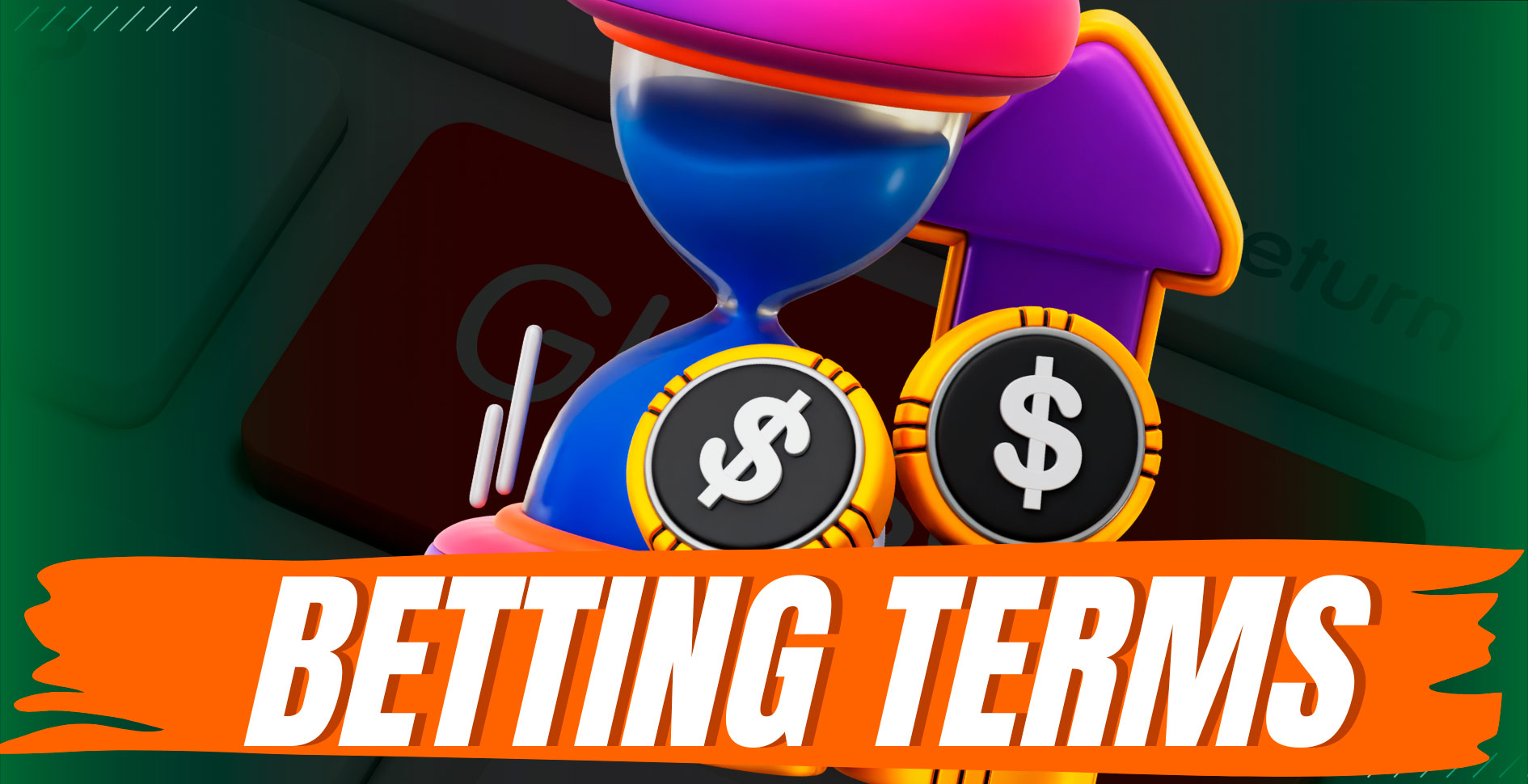Here’s a glossary of common betting terms with brief definitions:
- Accumulator (Parlay) – a bet that combines multiple selections into one wager. All selections must win for the accumulator to payout, but it offers higher odds than individual bets.
- Against the Spread (ATS) – a type of betting where a handicap is applied to the favorite or underdog team, meaning the bettor must predict whether the favorite will win by more than the set margin or if the underdog will lose by less than the margin (or win outright).
- Bankroll – the total amount of money a bettor sets aside for gambling. Effective bankroll management is key to long-term success in betting.
- Betting Exchange – a platform where bettors can place bets against each other rather than with a bookmaker, often providing better odds due to the lack of a traditional middleman.
- Bookmaker (Bookie) – a person or company that accepts bets and offers odds on various outcomes. They profit by taking a margin on each bet.
- Chalk – refers to the favorite in a betting event. When someone “bets the chalk,” they are betting on the favorite.
- Cover the Spread – When the favorite wins by a margin larger than the point spread or the underdog loses by fewer points than the spread allows.
- Decimal Odds – a type of odds presentation commonly used in Europe and Australia. The decimal number represents the total payout (including the original stake) for every 1 unit wagered.
- Edge – the perceived advantage a bettor believes they have over the bookmaker, whether through analysis, knowledge, or understanding of odds and the market.
- Even Money – a bet where the potential payout is equal to the amount wagered (odds of 1/1 or 2.00 in decimal odds).
- Futures Bet – a long-term bet on the outcome of an event, such as predicting the winner of a championship before the season starts.
- Handicap Betting (Spread Betting) – A bet in which the bookmaker assigns a virtual advantage to the underdog to level the playing field, forcing bettors to predict results with this advantage factored in.
- Hedge – a strategy where a bettor places additional bets to reduce risk or guarantee a profit regardless of the outcome.
- In-Play Betting (Live Betting) – a type of betting where wagers are placed on an event while it is still ongoing. Odds change dynamically based on the current state of the game.
- Juice (Vig or Vigorish) – The commission a bookmaker takes on bets, usually built into the odds. For example, in a standard -110 bet, the bookmaker’s juice is the 10% margin.
- Lay Bet – a type of bet where the bettor bets against an outcome happening (common in betting exchanges). For instance, if you “lay” a horse in a race, you’re betting that horse will not win.
- Moneyline Bet – a straight-up bet on which team or player will win, with no point spread involved. The odds reflect the likelihood of each side winning.
- Odds-On – a bet where the potential winnings are smaller than the stake because the outcome is considered very likely. Odds are less than 2.00 in decimal or shorter than 1/1 in fractional.
- Over/Under (Totals Bet) – A bet on whether the total number of points, goals, or runs in a game will be over or under a set number by the bookmaker.
- Prop Bet (Proposition Bet) – A bet on a specific outcome within an event that does not directly affect the final result, such as betting on a specific player to score the first goal or how many strikeouts a pitcher will throw.
- Push – z situation where there is no winner or loser for a bet. This occurs if the result is exactly on the spread or total. The bettor’s stake is returned.
- Sharp – a professional or highly skilled bettor who consistently wins, often forcing bookmakers to adjust their odds in response.
- Straight Bet – a basic wager on a single outcome, typically involving just one team to win or cover the spread.
- Teaser – A type of parlay bet where the bettor adjusts the point spreads in their favor, typically receiving lower payouts in exchange for a higher chance of winning.
- Underdog (Dog) – The team or player expected to lose the event, offering higher odds and potential payouts for those betting on them.
These are some of the key terms you’ll encounter in sports betting! Let me know if you’d like further elaboration on any of these.
